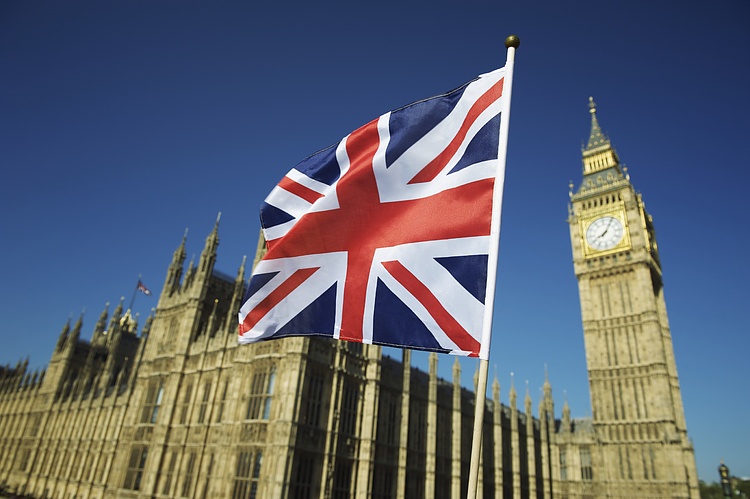The upcoming UK budget on 30 October is anticipated to be one of the most important in recent years. Tax increases are likely to be announced in order to avoid major spending cuts. Analysts from Standard Chartered believe that changes in the debt measure rules will result in a renewed emphasis on boosting investment. The reaction of the gilt market will depend on how much borrowing headroom is created and utilized.
Chancellor Rachel Reeves is expected to focus on boosting investment and economic growth through fiscal rule changes in the upcoming budget. The government may increase fiscal headroom by changing the debt measure and time horizon targeted. There could also be a commitment to borrowing only for investment purposes and reforms in public services, shifting the government’s focus towards the long term. However, Reeves is likely to be cautious in her approach to avoid the mistakes of past budget crises.
The UK government has limited its options by ruling out tax hikes for a significant portion of the tax base. Proposed tax increases in other areas, such as VAT on private education and changes to non-domiciled resident tax rules, may not generate enough revenue. With a projected fiscal hole in the 2024-25 budget, additional tax increases will be necessary to avoid significant spending cuts in certain government departments. Potential targets for tax increases include capital gains, inheritance tax, pensions, and the possibility of introducing new taxes.
The recent rise in UK government borrowing costs serves as a reminder of the importance of maintaining market confidence. Reeves will need to ensure that any changes announced in the budget receive a positive assessment from the Office for Budget Responsibility (OBR). While the government may increase fiscal headroom, it is unlikely that all of it will be utilized. This cautious approach is aimed at securing market confidence and avoiding a crisis similar to the one faced by former Prime Minister Liz Truss in 2022.
The upcoming budget holds significant importance not only due to the state of UK public finances but also as the first fiscal event of a Labour government in 14 years. The government’s intention to focus on boosting investment and economic growth through fiscal rule changes underscores the importance of this budget. By shifting the focus towards the long term and making strategic reforms, the government hopes to set a positive trajectory for the economy. It remains to be seen how the market will react to the announcements made in the budget and whether they will be enough to address the fiscal challenges facing the UK.































